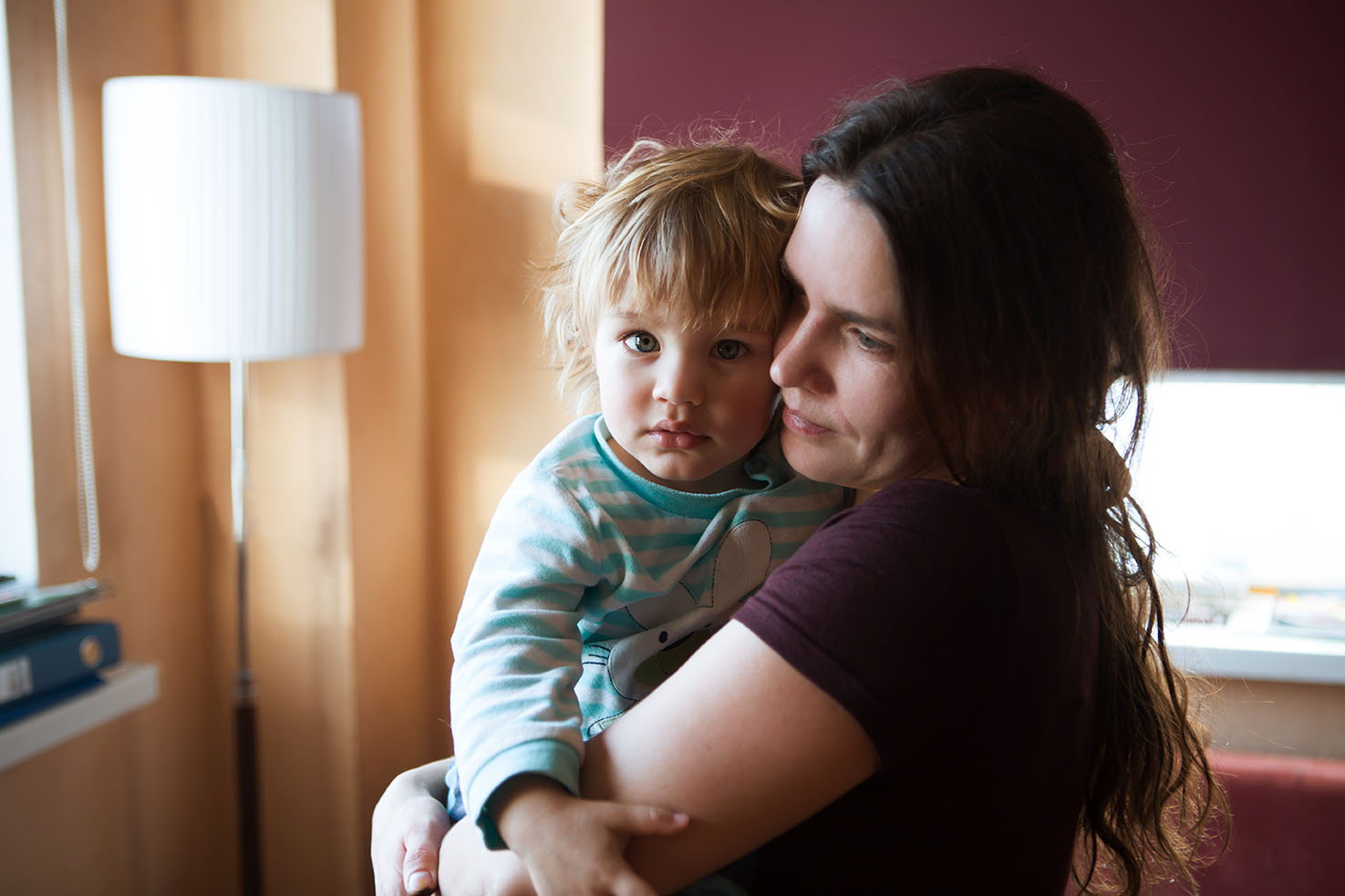Guest post by:
Gina Ogilvie, MD MSc FCFP DrPH
Professor | School of Population and Public Health | Faculty of Medicine | UBC
Canada Research Chair | Global Control of HPV related diseases and cancer
Associate Director | Women’s Health Research Institute
Senior Public Health Scientist | BC Centre for Disease Control
Amy Booth, MPH
Research Project Manager, Global HPV Control
Claire Lenouvel, MD, CCFP
Family Physician
In mid December 2020, after months of restrictions and closures, changing public health measures and general uncertainty, people across British Columbia were relieved and excited to hear news of an approved COVID-19 vaccine that would soon be available. However, some British Columbians were uncertain about this new development in the control of the COVID-19 pandemic. While many people booked vaccination appointments with urgency, others were more hesitant, and took their time deciding whether to receive the vaccine.
In recent years, vaccine hesitancy has been a growing concern in British Columbia, across Canada, and around the world, with the World Health Organization naming vaccine hesitancy as one of the top 10 threats to human health. “Vaccine hesitancy” is a complex concept made up of attitudes, beliefs, and behaviours toward vaccination, but ultimately refers to a delay in acceptance or the refusal of a vaccine, despite the vaccine being readily available.
Through an online research survey, and with the support of the BCCDC Foundation, Principal Investigators Dr Claire Lenouvel and Dr Gina Ogilvie sought to investigate rates of vaccination among employees of the Northern Health Authority (NHA), and more specifically, sought to better understand vaccine confidence and vaccine hesitancy in individuals working in healthcare settings in Northern BC. With an understanding of the factors that contribute to vaccine hesitancy, public health leaders and Medical Health Officers are able to more effectively address concerns and communicate with the public on issues around vaccines, and strengthen public health programs for future vaccination campaigns.
In this study, individuals working in healthcare settings were of interest for two reasons: 1) they are regularly in close contact with the most medically vulnerable in our society, and therefore, can potentially transmit infection to them, and 2) they are at an elevated risk for infection themselves, due to workplace exposures from sick individuals. The Principal Investigators chose the NHA as the focus region because, at the time, there was concern about COVID-19 vaccination uptake rates from several communities located in the Northern Health Authority. As well, Dr Lenouvel is a resident physician in Northern BC and was especially interested in the topic!
With support from the Medical Health Officers and NHA, Dr Lenouvel was able to collect over 1,700 responses to the online survey from Northern Health employees from July to November 2021. The survey asked individuals about their COVID-19 vaccination history, intentions to receive future COVID-19 vaccines, and their attitudes toward COVID-19 vaccines in general.
Out of 1,700 survey responders, 92% reported that they had received one dose of a COVID-19 vaccine, and 88% had received a second dose. Overall, respondents had positive attitudes toward COVID-19 vaccines, with 89% believing COVID-19 vaccines were beneficial. This was encouraging news; however, the rates of vaccination were not the same across all places of employment, and across all professions.
Among all survey responders who had received two doses of a COVID-19 vaccine, their reasons for getting vaccinated included: concerns about others’ safety, the threat of losing employment, wanting the pandemic to end, and working in public and not wanting to get sick.
Employees in long-term care homes and assisted living facilities had lower rates of COVID-19 vaccinations, which was concerning given the high COVID-19 infection and mortality rates observed in both these settings throughout the pandemic. Licensed Practical Nurses (LPNs) and Care Aides (CAs) also had lower rates of vaccine uptake compared to other healthcare sector groups, like physicians and registered nurses.
Among LPNs and CAs, reasons for remaining unvaccinated included: not believing that COVID-19 vaccines are safe, not believing that COVID-19 vaccines are beneficial, and not believing that COVID-19 vaccines would reduce risk at work.
The investigators also wanted to know how Northern Health employees felt about required vaccines. They found that 76% of respondents felt that COVID-19 vaccines should be required for healthcare professionals, and 74% felt that COVID-19 vaccines should be required for high-risk settings, while only 59% of respondents believed that COVID-19 vaccines should be required for everyone.
Finally, vaccinated respondents were asked if they would receive seasonal COVID-19 vaccine boosters if offered and available, and 83% said they would be likely to receive a seasonal booster.
With funding from the BCCDC Foundation, this local research helped to uncover important findings about vaccine hesitancy and vaccine confidence among NHA employees during the COVID-19 pandemic. The findings from the research were shared with Medical Health Officers in the region and are helping to shape future workplace vaccine campaigns to support the health of employees and the community.



